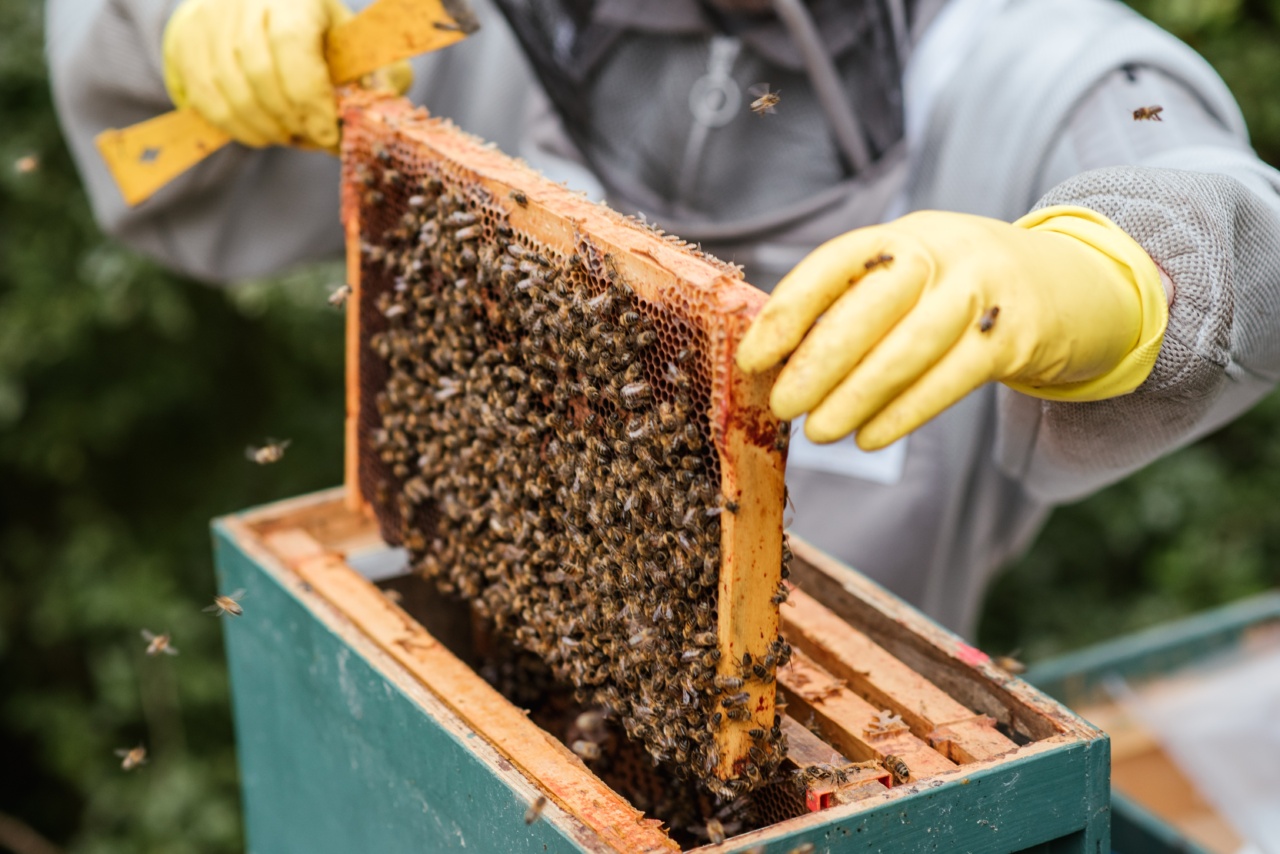The liver is one of the most vital organs in the body, responsible for performing hundreds of functions that are essential for keeping the body functioning at an optimal level.
From processing nutrients and breaking down toxins to producing bile, the liver plays an important role in overall health and wellbeing. Unfortunately, a variety of factors can damage the liver, from alcohol abuse and drug use to poor diet and environmental toxins. When the liver is damaged, it can lead to a range of health problems, including liver disease, cirrhosis, and cancer.
To protect and regenerate your liver, it’s important to work with a food-pharmacist who can help you make the best dietary choices.
What Is a Food-Pharmacist?
A food-pharmacist is a healthcare professional who specializes in the use of food and other natural remedies to treat and prevent health problems.
Unlike traditional pharmacists, who prescribe drugs to treat illnesses, food-pharmacists focus on using whole foods, supplements, and lifestyle changes to support the body’s natural healing processes.
These practitioners are trained to identify nutrient deficiencies, food intolerances, and other factors that can contribute to disease, and they work with patients to develop personalized nutrition plans that address these issues and promote overall health and wellbeing.
Why Is the Liver So Important?
The liver is responsible for performing a wide range of vital functions in the body, including:.
- Processing nutrients: The liver plays a critical role in breaking down and storing nutrients from the foods we eat, including carbohydrates, fats, and proteins. It also converts sugars into glucose, which can be used by the body for energy.
- Bile production: The liver produces bile, which is essential for proper digestion. Bile helps to break down fats and absorb fat-soluble vitamins and nutrients.
- Detoxification: The liver filters toxins and harmful substances from the bloodstream, including alcohol, drugs, and environmental pollutants. It also helps to convert toxic substances into less harmful substances that can be eliminated from the body.
- Immune function: The liver plays an important role in the body’s immune system, helping to identify and neutralize harmful pathogens and other foreign invaders.
How Does the Liver Become Damaged?
Despite its importance, the liver is vulnerable to damage from a variety of factors, including:.
- Alcohol: Excessive alcohol consumption can damage liver cells, leading to inflammation and scarring.
- Drugs: Certain medications, including acetaminophen and statins, can cause liver damage over time.
- Poor diet: A diet high in processed foods, saturated fat, and added sugar can contribute to liver damage and disease.
- Toxins: Exposure to environmental toxins, including pesticides and industrial chemicals, can damage liver cells over time.
How Can a Food-Pharmacist Help Protect and Regenerate the Liver?
A food-pharmacist can help protect and regenerate the liver by identifying nutrient deficiencies, food intolerances, and other underlying factors that can contribute to liver damage.
They can also help you develop a personalized nutrition plan that promotes liver health and supports the body’s natural healing processes. Some of the key strategies a food-pharmacist may recommend include:.
1. Emphasizing Whole, Nutrient-Dense Foods
A diet that is rich in whole, nutrient-dense foods can help support liver health and function. Some of the best foods for the liver include:.
- Leafy greens: Kale, spinach, collard greens, and other leafy greens are packed with nutrients that are essential for liver health, including vitamin C, iron, and antioxidants.
- Cruciferous vegetables: Broccoli, cauliflower, and other cruciferous vegetables contain compounds that activate the liver’s detoxification pathways, helping to flush out harmful toxins.
- Berries: Berries, such as blueberries and raspberries, are rich in antioxidants that can help protect liver cells from damage.
- Garlic: Garlic contains a compound called allicin, which has been shown to support liver function and reduce inflammation.
- Turmeric: Turmeric contains a powerful anti-inflammatory compound called curcumin, which has been shown to protect liver cells from damage.
- Healthy fats: Omega-3 fatty acids, found in fatty fish such as salmon and sardines, can help reduce inflammation and support liver health.
2. Avoiding Processed Foods and Sugar
A diet that is high in processed foods and added sugar can contribute to liver damage and disease. To protect your liver, it’s important to avoid foods that are high in added sugar, refined carbohydrates, and unhealthy fats.
Some of the worst offenders include:.
- Soda: Soda is high in added sugar, which can lead to fatty liver disease and other health problems.
- Processed snacks: Chips, crackers, and other processed snacks are often high in unhealthy fats and added salt, which can contribute to liver damage over time.
- Baked goods: Baked goods, such as cookies and pastries, are often high in refined carbohydrates and added sugar, both of which can contribute to liver damage.
- Fast food: Fast food is often high in unhealthy fats, added sugar, and salt, all of which can contribute to liver damage and disease.
3. Supporting Gut Health
Gut health is closely linked to liver health, and a healthy gut microbiome can help promote liver function and regeneration. To support gut health, a food-pharmacist may recommend:.
- Probiotic foods: Foods that are high in probiotics, such as yogurt and kefir, can help support the growth of beneficial gut bacteria.
- Prebiotic foods: Foods that are high in prebiotic fiber, such as garlic and onions, can help feed beneficial gut bacteria and promote gut health.
- Bone broth: Bone broth is a rich source of collagen and amino acids that can help heal and seal the gut lining, promoting gut health and liver function.
4. Supplementing with Liver-Supportive Nutrients
In addition to dietary changes, a food-pharmacist may recommend supplementation with nutrients that are known to support liver health, such as:.
- Milk thistle: Milk thistle is a plant that is rich in a compound called silymarin, which has been shown to protect liver cells from damage.
- N-acetylcysteine (NAC): NAC is a compound that can help boost levels of glutathione, an antioxidant that is essential for liver health.
- Omega-3 fatty acids: Omega-3 fatty acid supplements can help reduce inflammation and support liver health.
- Vitamin E: Vitamin E is an antioxidant that can help protect liver cells from damage.
5. Avoiding Alcohol and Limiting Medications
Finally, to protect and regenerate the liver, it’s important to avoid excessive alcohol consumption and limit medications that can cause liver damage.
This may include working with your healthcare provider to explore alternative treatments and lifestyle changes that can support liver health.
Conclusion
The liver is a vital organ that plays an important role in overall health and wellbeing. Unfortunately, a variety of factors can damage the liver, from alcohol abuse and drug use to poor diet and environmental toxins.
To protect and regenerate your liver, it’s important to work with a food-pharmacist who can help you make the best dietary choices.
By emphasizing whole, nutrient-dense foods, avoiding processed foods and sugar, supporting gut health, supplementing with liver-supportive nutrients, and limiting alcohol and medications, you can help promote liver health and support the body’s natural healing processes.






























